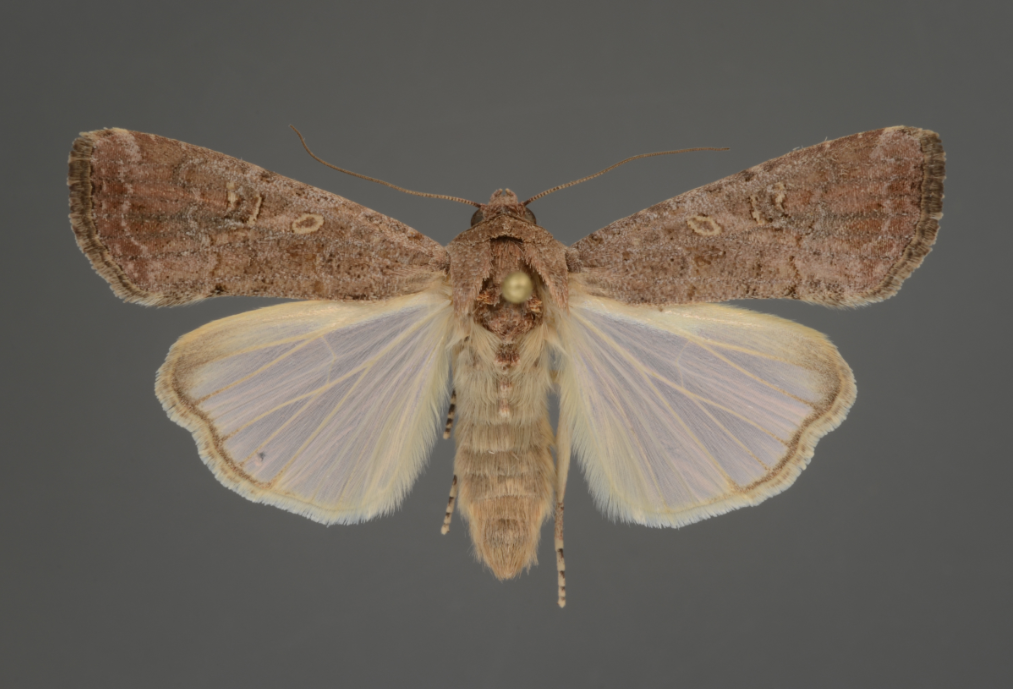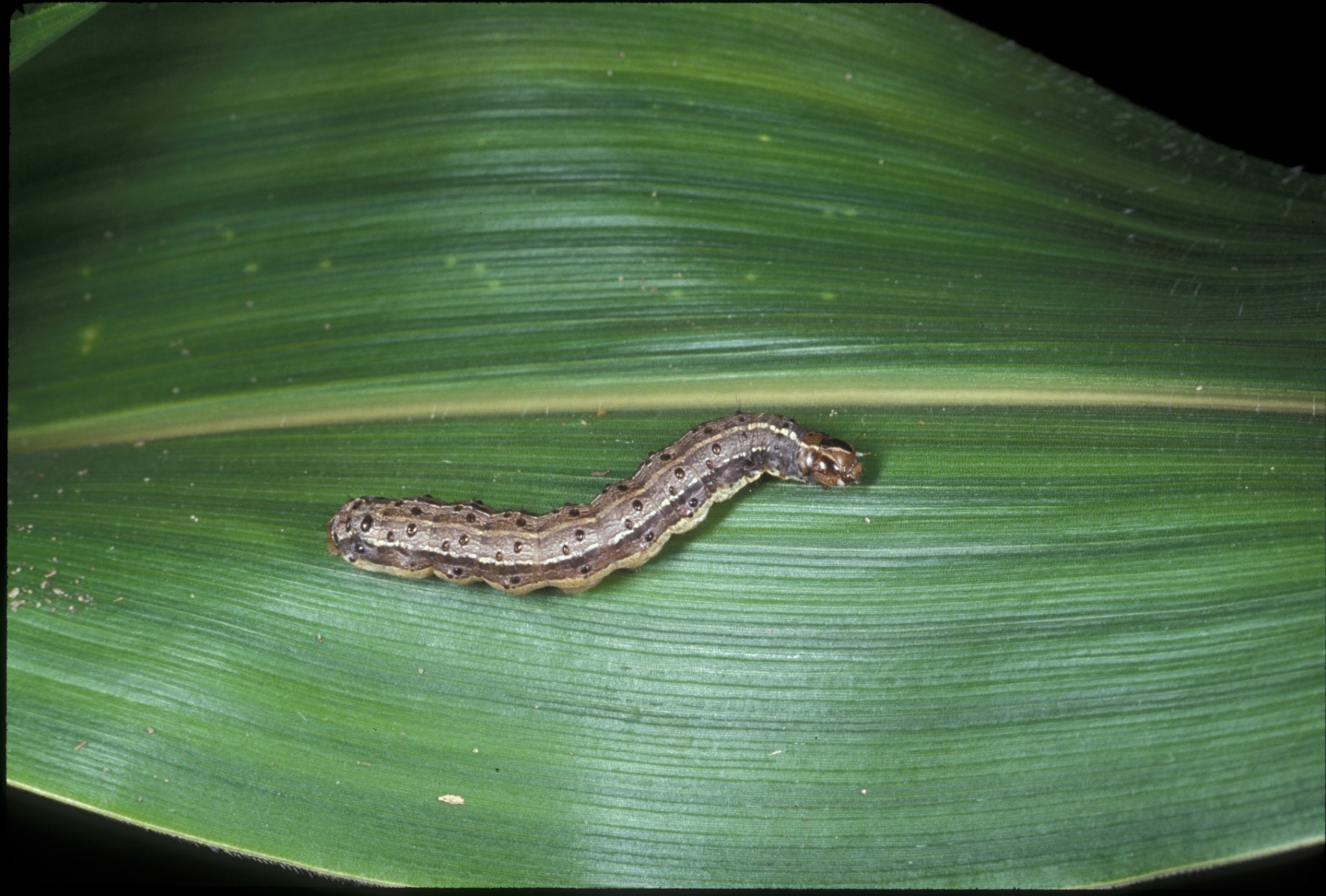In mid-February 2020, Biosecurity Queensland confirmed fall armyworm had been detected for the first time on Australia’s mainland. Since then, the pest has travelled more than 700km from the original detection. As of April, the pest has now been detected in the Northern Territory (Katherine), Western Australia (Kununurra) and as far south as Bundaberg in Queensland. As fall armyworm moves so quickly, detection in new locations is occurring regularly; regular updates to Queensland detection locations are being made on the Queensland Government website.
Fall armyworm is an exotic pest known to feed on more than 350 plant species, including rice, maize, cotton, sorghum, sugarcane, wheat, and many vegetable and fruit crops, and has caused significant economic losses overseas.
Larvae of the fall armyworm are most active during late summer and early autumn months. The adult moth can fly long distances and its migration rate is remarkably fast. As well as natural dispersal, it can also be spread through movement of people. Destruction of crops can happen almost overnight when infestation levels are high.
The Western Australian Department of Primary Industries and Regional Development have developed a handy web page that can answer a lot of common questions, such as; what plants are affected, what should I look for and how does it spread?
While this pest is native to tropical and subtropical regions of the Americas, since 2016 it has rapidly spread to and throughout Africa, the Indian subcontinent, China and Southeast Asia.
AgriFutures Australia General Manager Research, John Smith encouraged AgriFutures Australia’s industries and stakeholders to be aware of the pest and to know what to look for.
“We all have a responsibility to keep an eye out for this destructive pest to protect our industries and the environment. The Australian Government Department of Agriculture, Water and the Environment, and the respective state agencies, have online resources available to help people identify the pest and the due process for reporting the detection of fall armyworm,” said Mr Smith.
AgriFutures Australia General Manager Business Development Michael Beer also encouraged AgriFutures Australia’s levied and emerging industries, and their associated industry bodies, to ensure producers have appropriate information and are aware of surveillance and reporting processes.
“If anyone suspects fall armyworm, please contact the Exotic Plant pest Hotline on 1800 084 881 or complete the online reporting form agriculture.gov.au/pests-diseases-weeds/report,” said Mr Beer.
The Queensland Government have released a webinar series, accessible at any time, on the identification, surveillance and monitoring, and other essential information related to fall armyworm. You can access the full series here.











